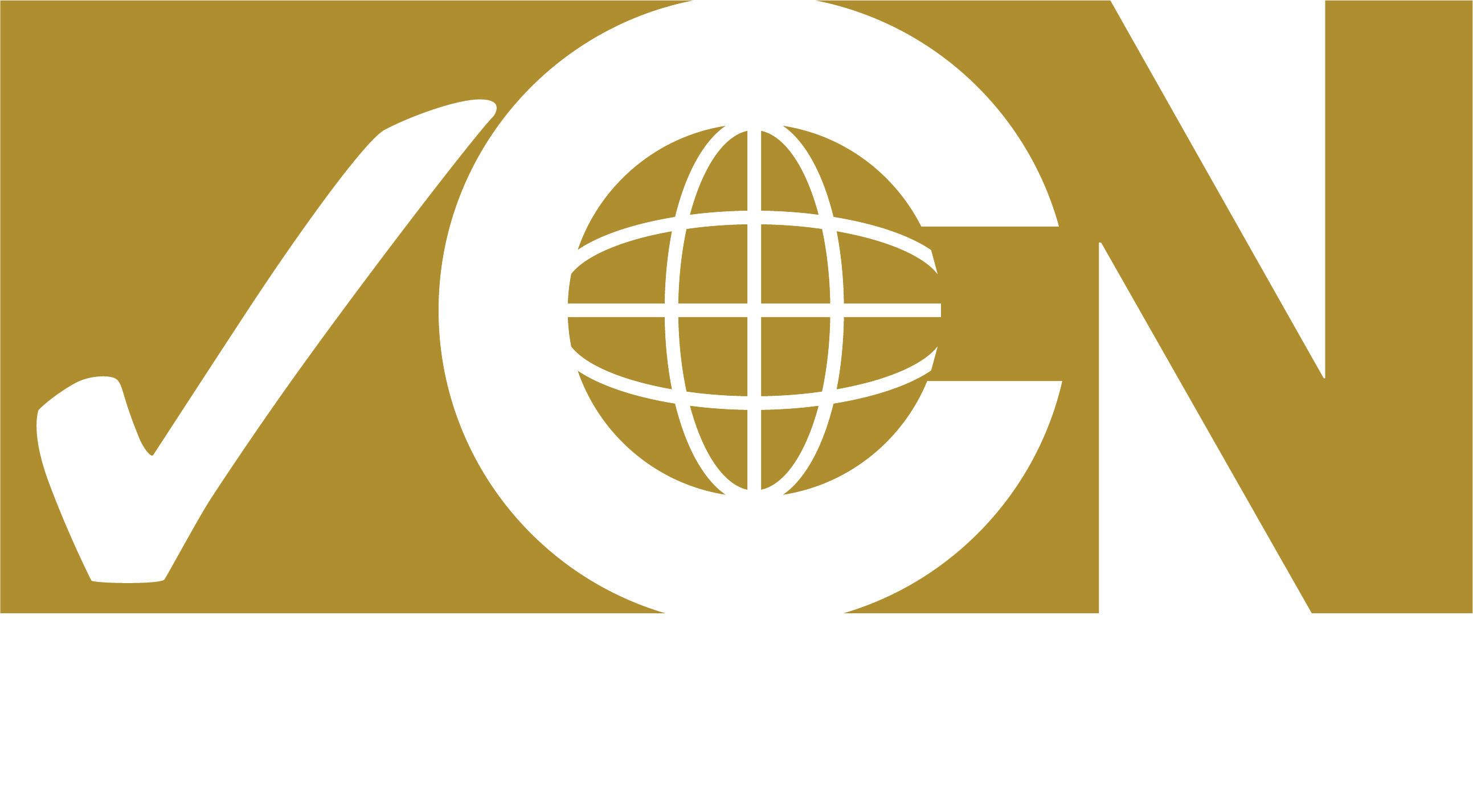Elisa Tonda and Dirk van Zyl have been elected Directors of the International Cyanide Management Institute (ICMI), and Michael Rae has been re-elected a Director, by the organization’s Board of Directors.
Ms. Tonda is the Head of the United Nations Environment Programme’s (UNEP) Business and Industry Unit, whose main goal is promoting the implementation by the public and private sectors of corporate environmental and social responsibility principles, policies and practices. Previously, Ms. Tonda was the Regional Officer of the UNEP Division of Technology, Industry and Economics for Latin America and the Caribbean, where she focused on UNEP’s initiatives addressing resource efficiency and sustainable consumption and production in the region. Prior to her time with UNEP, Ms. Tonda spent seven years with UNIDO (United Nations Industrial Development Organization), where she was responsible for project development and management in the area of cleaner production and sound chemicals management. Earlier in her professional career, Ms. Tonda worked with the private sector in the areas of environmental certification including ISO 14001, the design of environmental service facilities and the design and operation of landfills, environmental impact assessments of landfills and mining sites, and the remediation of contaminated industrial sites. Ms. Tonda is a graduate of the Politecnico di Torino, and holds a Master’s degree in Sustainable Development from the University of London’s Imperial College and Centre for Development, Environment and Policy. Ms. Tonda was elected to fill the unexpired term of Ruth Do Coutto, who stepped down from the ICMI Board as her professional responsibilities have changed within UNEP.
Dirk van Zyl has more than 30 years experience in research, teaching and consulting in tailings, mine waste-rock disposal and heap-leach design, and mined earth structures. Since 2010, he is a Professor and Chair of Mining and the Environment at the University of British Columbia’s Norman B. Keevil Institute of Mining and Engineering. His present research is in the area of the contributions that mining makes to sustainable development as well as the application of life-cycle assessment to mined earth structures. Earlier he was a professor at the University of Nevada’s Mackay School of Mines, where he was Director of its Mining Life-Cycle Center, and earlier Chairman of Mining Engineering. Dr. van Zyl is a registered professional civil engineer, and the author of more than 90 publications. Dr. van Zyl is a graduate of the University of Pretoria, and was awarded a Master’s degree and a Ph.D. in geotechnical engineering from Purdue University. Dr. van Zyl was elected to a four year term, which commences January 1, 2013.
Michael Rae was re-elected to a four year term. Mr. Rae is the Chief Executive Officer of the Responsible Jewellery Council, an international, not-for-profit organization established to reinforce consumer confidence in the jewelry industry by advancing responsible business practices throughout the diamond, gold and platinum group metals jewelry supply chain. Previously, Mr. Rae worked for almost 17 years with WWF (formerly known as the World Wildlife Fund), leading its international work on mining. He led the WWF Mining Certification Evaluation Project and has been a member of several global mining and minerals initiatives, including the IUCN Working Group on Extractive Industry and Biodiversity and the IUCN/International Council on Mining and Metals Advisory Group and the Working Group for the GRI Mining and Metals Sector Supplement.
ICMI has been established to administer the International Cyanide Management Code for the Manufacture, Transport, and Use of Cyanide in the Production of Gold (Cyanide Code). The Cyanide Code is a voluntary industry program for companies involved in the production of gold using cyanide and companies producing and transporting this cyanide. It was developed under the aegis of the United Nations Environment Programme by a multi-stakeholder Steering Committee. The objective of the Cyanide Code is to improve the management of cyanide used in gold mining and assist in the protection of human health and the reduction of environmental impacts.
ICMI has been established to administer the Cyanide Code, promote its adoption, evaluate its implementation, and manage the certification process. A detailed list of the operations covered by signatory companies’ applications, along with the full text of the Cyanide Code and its implementing and administrative documents, are available at www.cyanidecode.org.
